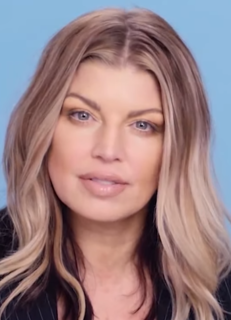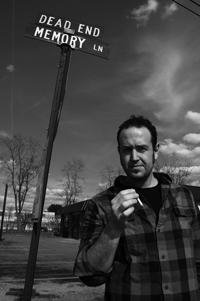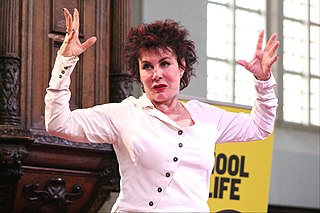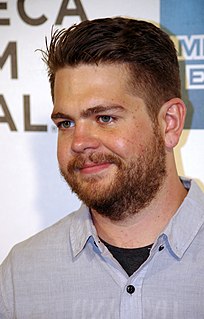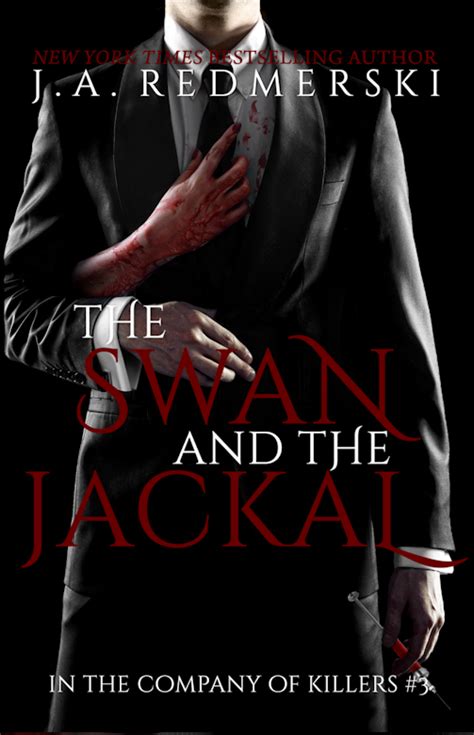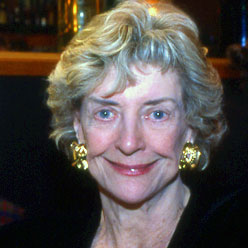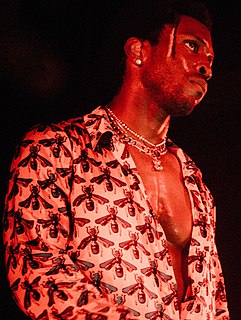A Quote by Carlos Fuentes
Related Quotes
That authentic experience that happens both in the artist and in the audience you can classify as a mystical experience. You can classify it as aesthetic shock, or even a psychedelic experience. Some people seek to recreate that experience through drugs. But the other way that you can do it is through art, and through spectacle. We have those experiences when we go to rock shows, or when we listen to a piece of classical music, or read a particular poem, or see a painting.
I began writing poems when I was about eight, with a heavy assist from my mother. She read me Arthur Waley's translations and Whitman and Robinson Jeffers, who have been lifelong influences on me. My father read Keats to me, and then he read more Keats while I was lying on the sofa struggling with asthma.
At times, I have been criticized by some philosophers of education, who place me in postures that they classify pejoratively as 'revolutionary.' But I have had the satisfaction of being invited to work in societies making progressive efforts without wavering. They were changing, and so they called on me.
I read everything. I'll read a John Grisham novel, I'll sit and read a whole book of poems by Maya Angelou, or I'll just read some Mary Oliver - this is a book that was given to me for Christmas. No particular genre. And I read in French, and I read in German, and I read in English. I love to see how other people use language.

